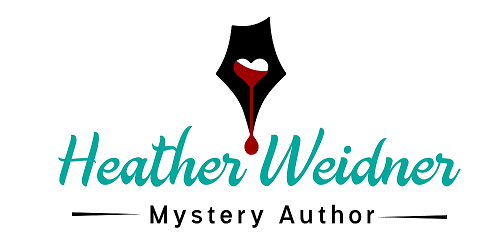How Planning Can Help You Avoid Plot Holes
/There is no one correct writing style. Find what works for you. Here are some things that helped me a long my novel-writing journey.
Before I Start Writing:
I am a plotter or a planner. I do an outline for each chapter before I start writing the book. It’s usually in paragraph (narrative) form instead of the way your fourth-grade teacher taught you. When I start writing, I make notes all over it.
I find that I can write much faster, and the story is much more organized if I map it out. When I tried to “pants” it, it took my years to finish the book.
I mark the funny scenes, red herrings, key mystery points, and romantic elements in different colors, so I can visually see where they are in the story.
The Outline
This helps me know what happens in each chapter.
It also causes me to make sure all open items get resolved before the end of the story.
By thinking through the contents of each chapter, I don’t usually get stuck on a story point that bogs down the writing.
I still have a day gig, so I write in small chunks in the morning and at lunch. The outlines helps me start and stop a session without having to play too much catch up.
By the time I start to write, I know the killer, victim, and the motive. I’ve also thought through the motives and means of the other characters.
The outline helps me see where my story is plausible or just off base.
I usually follow my outlines, but there are time when the characters get their own ideas, and things go off script. The outline also helps me when I have to write the synopsis or marketing materials for the book.








